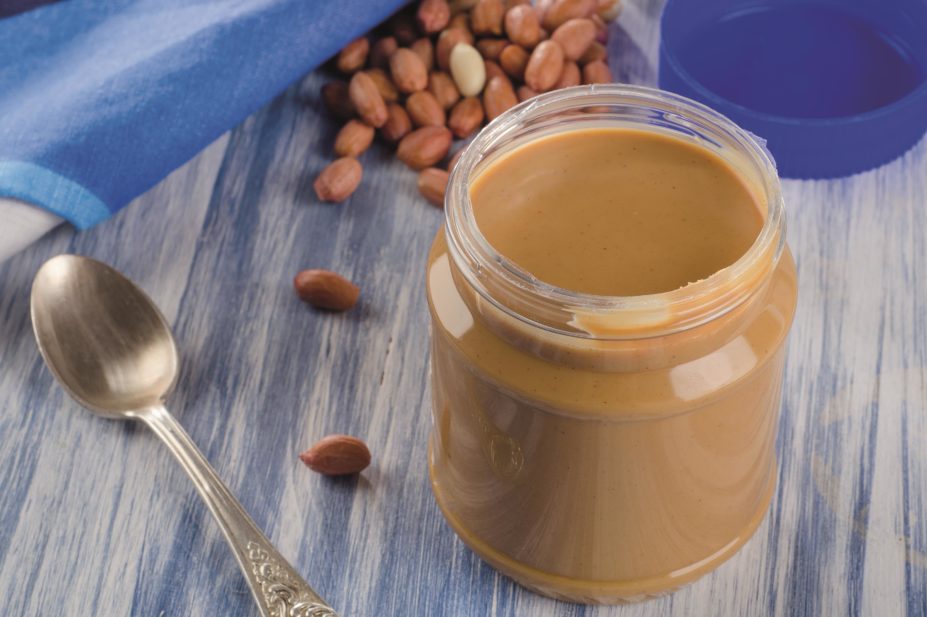
Shutterstock.com
I have written recently about the sneeze and the yawn, two physiological phenomena that are not fully fathomed. Another mysterious bodily function is the hiccup.
A hiccup is an involuntary contraction of the diaphragm followed immediately by closure of the vocal cords, resulting in the classic “hic” sound. Hiccups may occur singly but are often repeated every few seconds. These bouts may last for some time but generally resolve themselves without intervention.
Spells of hiccuping are usually left to run their course or are treated with folk remedies. These include head-standing, holding one’s breath, putting a cold key down the back of the neck, drinking a glass of water upside-down, being subjected to sudden fright, breathing into a paper bag or eating a large spoonful of peanut butter. There is little logic in most of these treatments, although it seems that holding one’s breath or rebreathing into a paper bag may have a beneficial effect by increasing partial pressure of carbon dioxide.
In severe and persistent cases, physicians may treat hiccups with various drugs — chlorpromazine, haloperidol, baclofen, metoclopramide, gabapentin, proton-pump inhibitors — although there is little reliable evidence for their effectiveness. Such drugs are usually administered in gradually increasing doses until the hiccuping stops — or until the side effects of treatment become more distressing than the hiccuping.
Another medical approach is to instil a lidocaine gel into the ear canal. Anecdotal evidence suggests that the effect can be immediate. The rationale is that the lidocaine triggers a vagus nerve reflex via nervelets in the external ear and ear drum. An even more bizarre-sounding cure that nevertheless appears to be effective is persistent digital rectal massage.
But what causes hiccups? One proposed explanation is that the hiccup may be an evolutionary remnant of earlier amphibian respiration. But would we really have retained a pointless physiological process after millions of years of evolution from amphibians?
A recent alternative suggestion is that hiccups may have evolved to facilitate the escape of air from the stomachs of suckling infants, allowing more milk to be ingested. This theory is supported by the fact that hiccups occur only in milk-drinking mammals and are most common in infants, becoming less frequent with age. The hypothesis is that an air bubble in the stomach somehow triggers hiccuping. This creates suction in the chest, pulling air from the stomach up and out through the mouth, effectively burping the animal.
According to Guinness World Records, the longest recorded bout of intractable hiccups occurred in an American man who hiccupped constantly for 68 years from 1922 to 1990. The British record is held by a man who hiccupped an estimated 10 million times between February 2007 and May 2009. His condition, which severely affected eating and sleeping, was eventually attributed to a brain stem tumour that was putting pressure on nerves. Hiccuping stopped after surgery.


